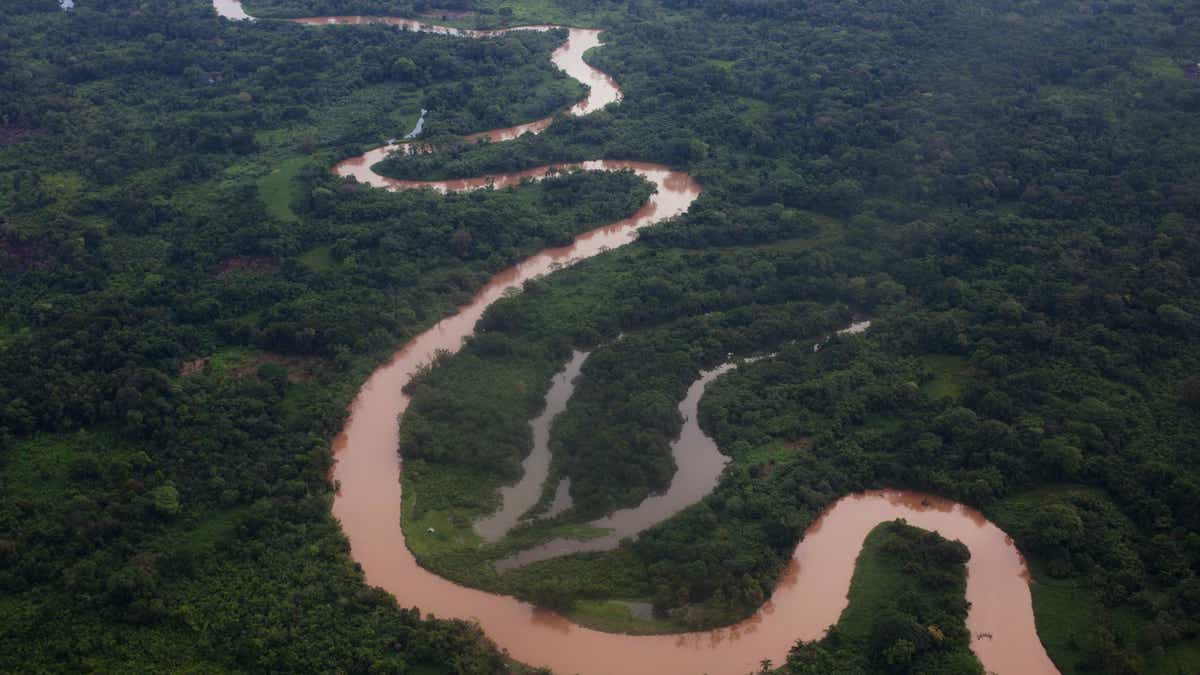
(AP2012)
WASHINGTON – The U.S. Drug Enforcement Administration misled the public, Congress and Justice Department officials about an aggressive yet poorly planned strategy that led to a series of deadly confrontations involving agents in Honduras, government watchdogs wrote in a scathing report released Wednesday.
The offensive, known as Operation Anvil, involved U.S. State Department helicopters and a special team of DEA agents working with Honduran security forces to stop drug smuggling planes carrying cocaine into the country. The report found sweeping problems with the DEA's response to three violent encounters associated with the effort in 2012, including a May raid that killed four people and wounded four others, whom locals said were innocent civilians traveling the river near the village of Ahuas at night.
The agency poorly planned the operation, failed to fully investigate the incidents and gave inaccurate information to Justice Department officials and Congress, according to the report released by inspectors general for the Justice and State departments.
The DEA said in a statement that the team involved in the effort -- called the Foreign Advisory and Support Team-- no longer operates overseas, among other changes.
But the agency's efforts to disrupt drug smuggling abroad continue. It said it was implementing the recommendations outlined in the report, which include more thoroughly investigating shootings that happen during work with foreign law enforcement agents.
The May 11 shooting on the river happened after a boat collided with a disabled canoe being used by law enforcement agents to carry cocaine seized earlier that day. DEA officials insisted the people on the boat were drug traffickers who fired first, and the lawmen were acting in self-defense. They maintained that account even as further information showed otherwise.
"Even as information became available to DEA that conflicted with its initial reporting, including that the passenger boat may have been a water taxi carrying passengers on an overnight trip, DEA officials remained steadfast -- with little corroborating evidence --that any individuals shot by the Hondurans were drug traffickers" trying to get the drugs back.
The report found DEA's review of the shooting, conducted only after mounting public pressure, was "little more than a paper exercise." Investigations of two other deadly encounters in June and July were more thorough but still inadequate, it said.
DEA then failed to cooperate with investigations by the State Department and Honduran government officials. The agency also provided inaccurate information to Justice Department officials and Congress about the May 2012 raid, the report said.
DEA, Honduran and State Department officials tried to "perpetuate a self-serving narrative that was fundamentally flawed and demeaned the lives of the victims and the reputation of the United States," said Sen. Patrick Leahy, D-Vt. "I am deeply concerned about the uninformed arrogance at these agencies that produced these failures. This raises serious questions whether these cases are isolated incidents."
The report also says State Department officials misled the public with inaccurate talking points that mischaracterized DEA's role in the operation as supportive, when in fact its agents maintained substantial control of the effort.
Similarly, embassy officials prepared talking points for an Associated Press interview with the U.S. ambassador to Honduras reiterating that DEA agents were involved in "a supporting, advisory role only" with "highly trained and vetted" Honduran officers "who operate with advice from U.S. Government law enforcement agents."











































